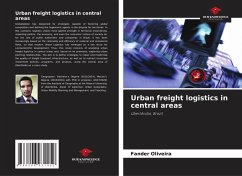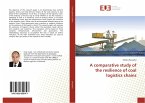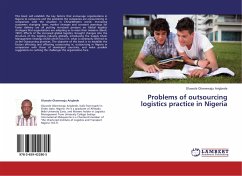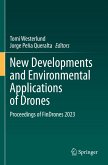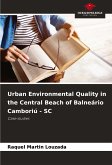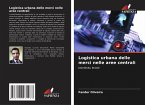Globalization has deepened its strategies capable of fostering global competition and defining the hegemonic agents in the dispute for territories. In this scenario, logistics chains have gained strength in territorial (re)ordering, impacting politics, the economy, and even the consumer culture of society. As for the role of public authorities and companies in Brazil, it has been increasingly based on the rationality and efficiency of material and immaterial flows, so that modern Urban Logistics has emerged as a key issue for socioeconomic development. Thus, this study consists of analyzing urban freight logistics in central areas and, based on its premises, exploring urban planning relationships. The aim is to define strategies to repair and modernize the quality of freight transport infrastructure, as well as to redirect municipal investment policies, programs, and projects, using the central area of Uberlândia as a case study.
Bitte wählen Sie Ihr Anliegen aus.
Rechnungen
Retourenschein anfordern
Bestellstatus
Storno

